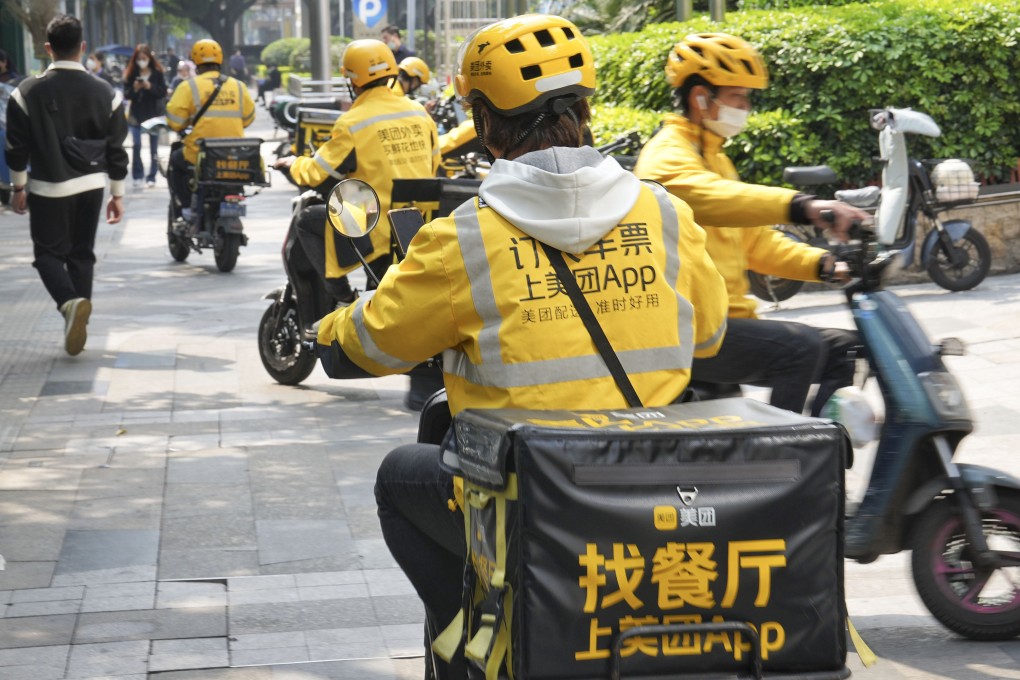China jobs: is ‘flexible’ work the only solution to unemployment woes?
- With youth joblessness reaching a record high, some universities are again trying to pad the employment figures among graduates by pushing students into freelancing and entrepreneurships
- The flexibly employed are not bound by formal employment contracts, but ‘not everyone can handle this much freedom’

The pressure from career counsellors at her university in northern China’s Hebei province became too much for Kayla Liu to bear – she had to find employment, no matter what.
So, the 21-year-old English major, unable to secure a full-time job after months of searching, opted to become an entrepreneur – selling handmade beaded bracelets on e-commerce site Taobao.
Liu said staff from her university have been coercing graduates-to-be to sign “flexible employment” contracts – a directive she suspects is aimed at reducing the unemployment rate of fresh graduates so it does not reflect poorly on her school.
It’s like we aren’t allowed to be unemployed upon graduation
“It feels like our university is pushing those who cannot get into graduate school or find a job to apply for flexible employment and to get proof of employment. They will do anything to boost their employment rate. It’s like we aren’t allowed to be unemployed upon graduation,” she said.
“This adds to the psychological pressure of fresh graduates who are already struggling to find a job in this grim job market.”
The unemployment rate among 16- to 24-year-olds in China hit a record high of 20.4 per cent in April, after rising from 19.6 per cent in March. And more than 11 million fresh graduates are expected to join the labour market this summer.